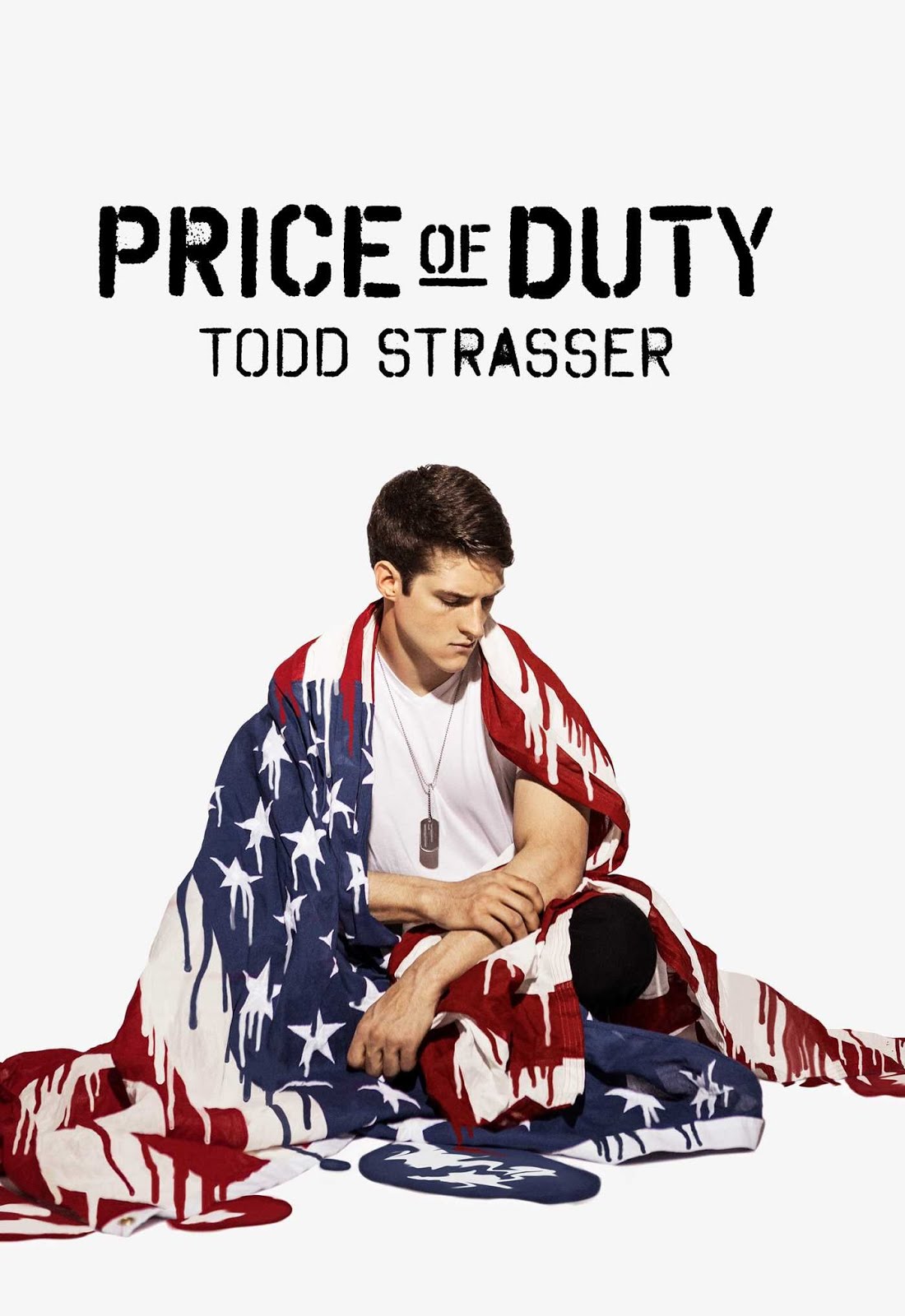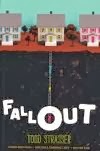I think this email explains it. :-)
Hello Mr.
Strasser,
When I was
in 4th grade, I discovered "Help! I'm Trapped in my Sister's Body"
and "Help! I'm Trapped in the First Day of School." From there I read
"Help! I'm Trapped in my Teacher's Body," "Help! I'm Trapped in
the President's Body," and so many others. I read and reread these over
and over on my own time. I loved them - I loved the humor and still think of
lines here and there and laugh. I also remember the more poignant lines, like
Jake's speech as the president - especially when he says adults put off
problems until "they're not ours anymore." I've thought of that line
a lot, especially being of voting age starting in 2004. We also read "The
Wave" in 7th grade and I loved that too.
I wanted to
write to you to let you know I'm still a fan of your work and remember it
fondly, even though I'm 32 and long out of school. I also wanted to write and
let you know that I've written to you before. I wrote to you in 6th grade, for
an assignment to write to our favorite author. You actually wrote me back, and
you were one of the only authors to write back in my class. You sent me a
personal letter, addressing specific things I wrote about and signing it at the
bottom. There was also a picture of you and your dog in the header.
That meant
the world to me in 6th grade. It made me feel special knowing an author I
admired would take the time to write me back. I still smile when I remember it.
I remembered that today, and I wanted to write to you and let you know - and to
thank you, even if it's 21 years later.
Your humor
and wit both entertained and inspired me. I'm still an avid reader, and I've
become a writer as well. I write on the side - I'm a digital professional in
the nonprofit sector full-time, which is far less exciting - and my love of
writing came from all the great books I've read over the years, including yours.
Thank you for your wonderful work, and for writing back all those years ago.
Sincerely,
Todd again:
As Kurt Vonnegut once wrote, "So it goes." We reap what we sow. The
pain of that bad review will pass. Just as water seeks its own level, the book
will eventually find whatever place it deserves. And I hope that reviewer will
also.




